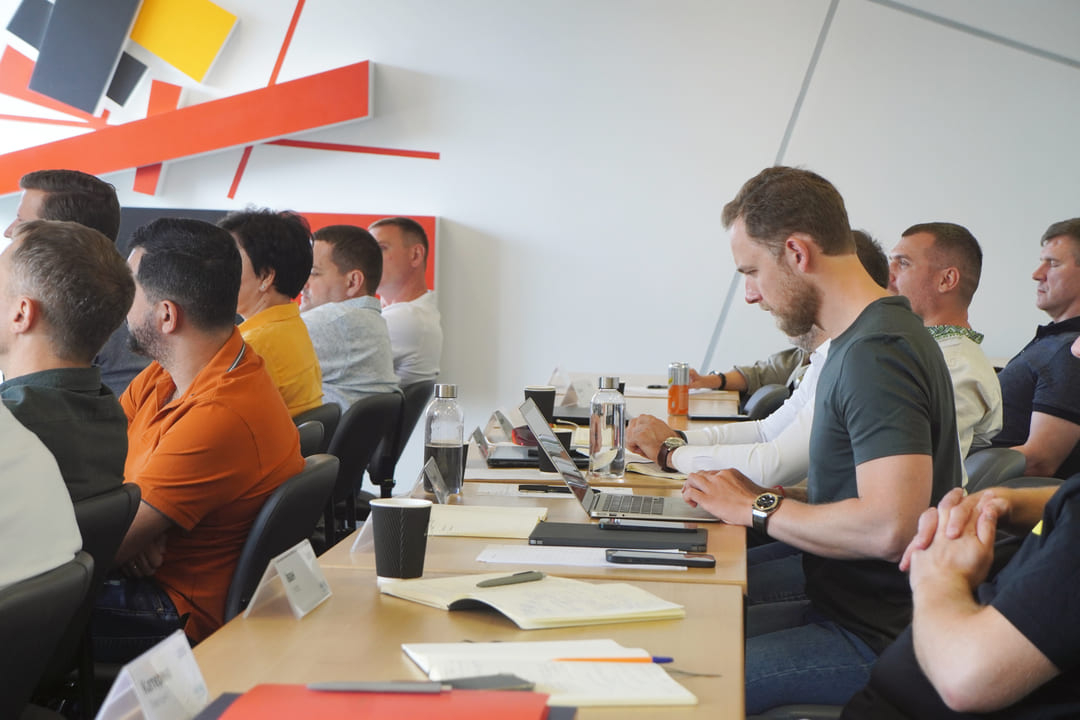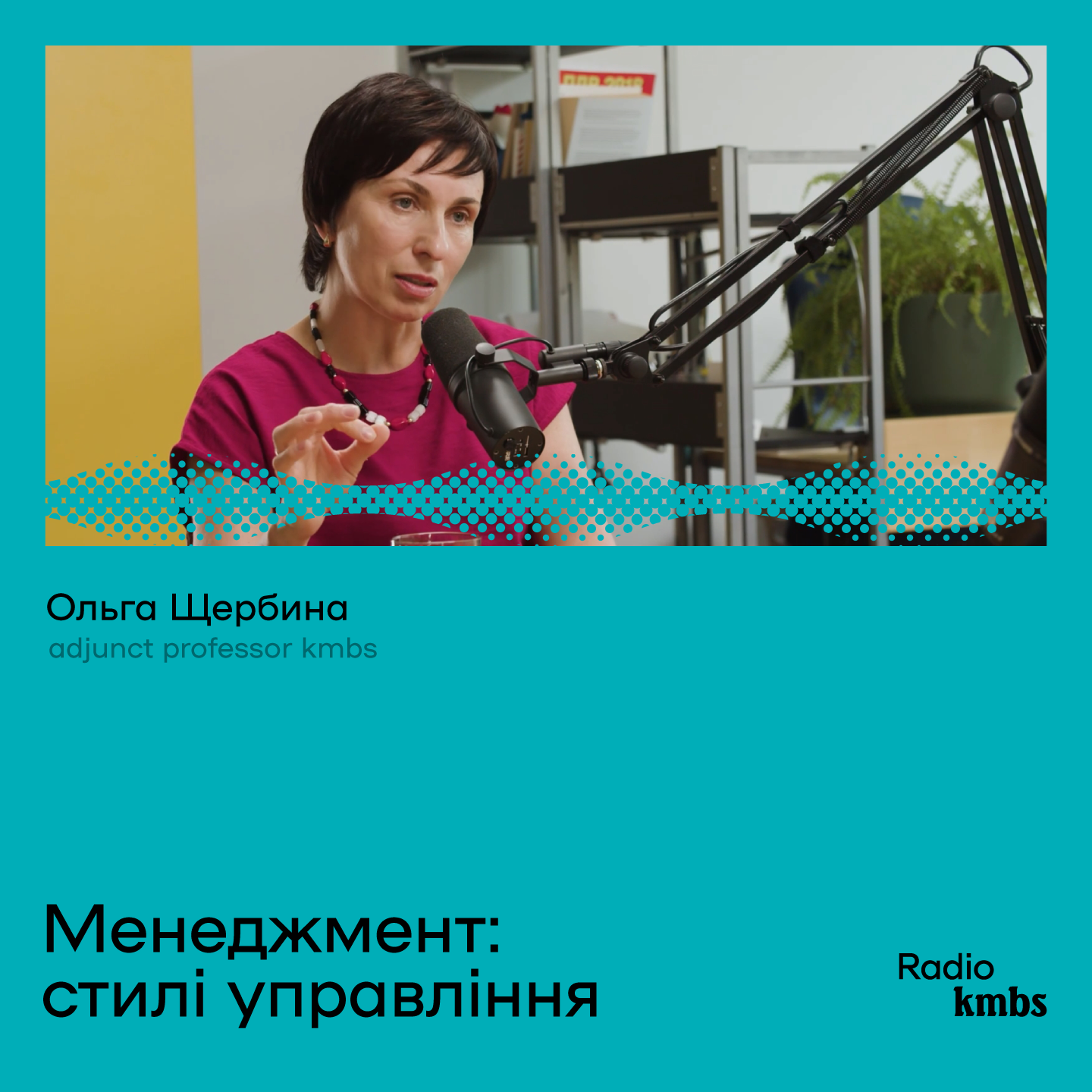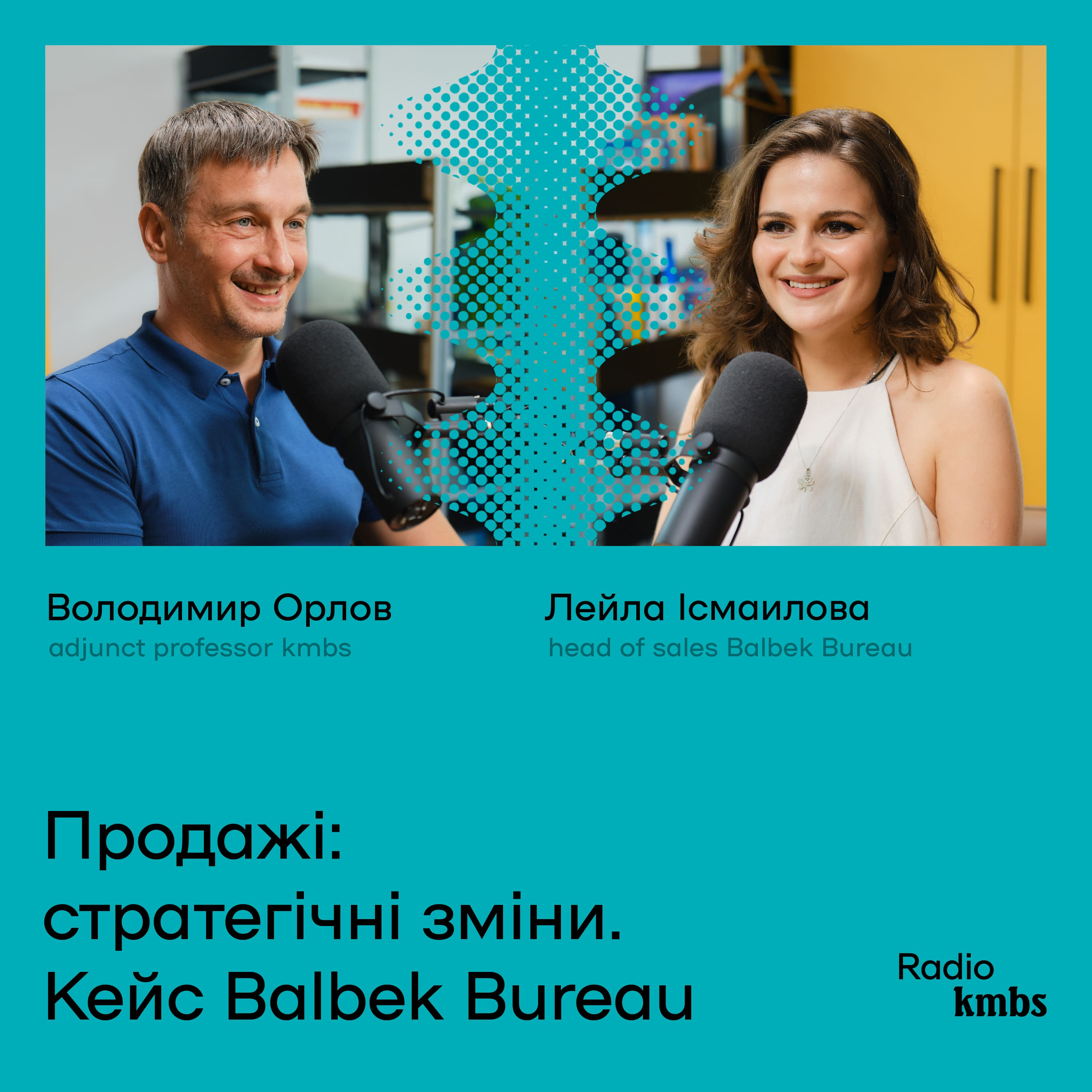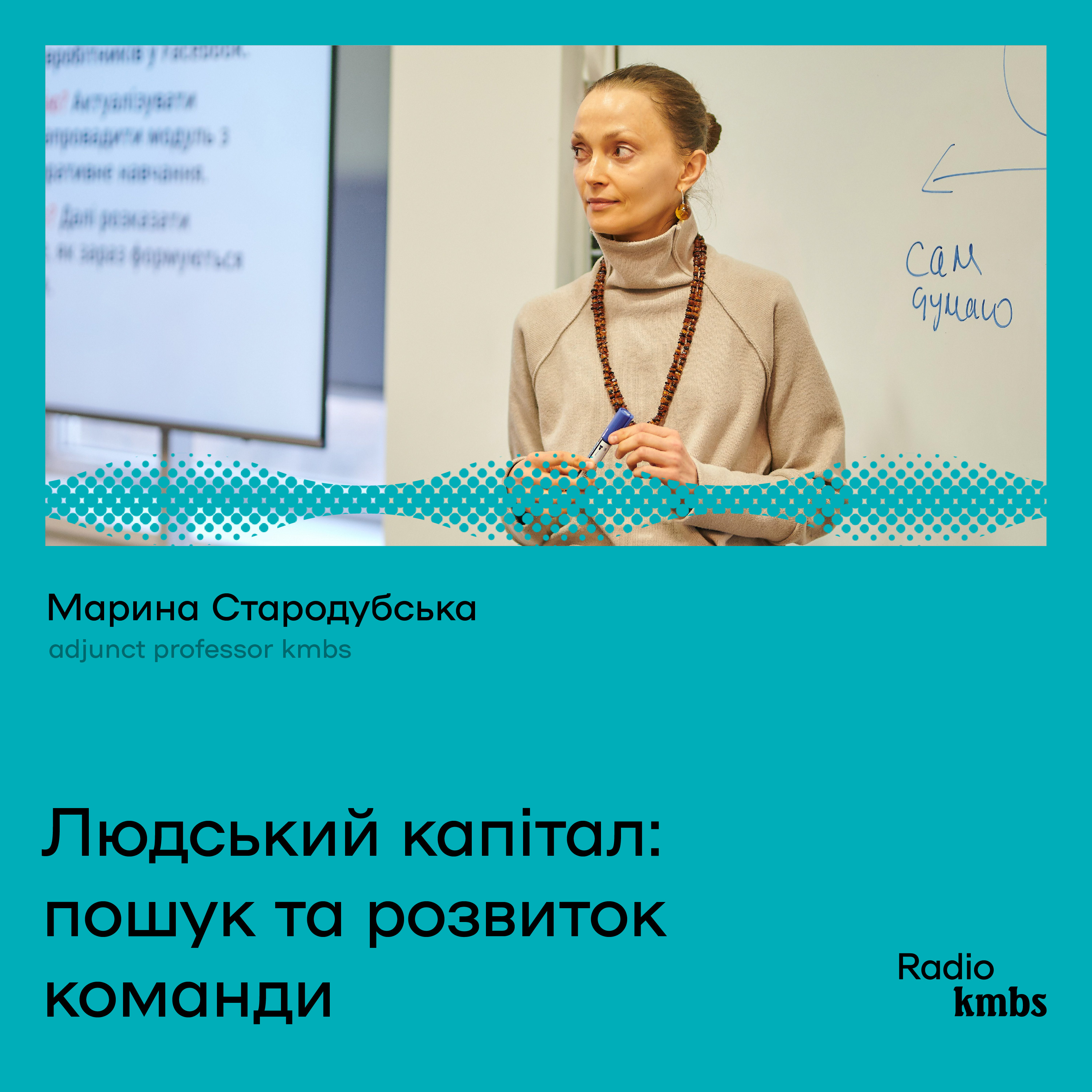At Olena Maltseva's strategic marketing course, participants discussed the Jobs to be done methodology. According to it, the value for the client is not the product or service itself but the task ("work") that this product can solve. This system changes the philosophy of product promotion and provides tools for continuously improving your business idea.
It was also about the need to quickly change the strategic idea in case of a sharp change in the context. The participants learned about possible ways to achieve this and discussed the transition to adjacent segments, attracting new consumers, and creating new target audiences.
During economic engineering classes with Victor Galasyuk, the participants analyzed the essential concept of economics, its philosophy, and reasons for constant transformation. Mr. Viktor gave an interesting analogy: the economy is more like a garden with different trees, each with its characteristics, than a microcircuit in a computer with elements of a clear purpose.
Also, the participants and the teacher reflected on the fact that with the growth of the business, external economic factors that influenced the organization began to be subordinated to it. After all, at a particular moment, the company becomes an object of influence of external factors and a subject that influences them.
Another thesis that was a cornerstone throughout the module: Today, the phrase human resources is beginning to lose relevance, yielding to the new concept — human capital. Understanding the word "human" in business acquires its proper form: not just an employee, but a person with his own needs. This was discussed by the participants together with Olena Zhiltsova at the introductory session of the "Human Capital Management" course.
The humanitarian component is an integral element of study at kmbs MBA programs. In these classes, participants get to know themselves and the world around them better thanks to an introduction to philosophy and art. This time, together with Taras Lyuty, they were looking for an answer to the question: what is a person? The group learned about various philosophers' views, discussed man's primary purpose, and reflected on the ability to pay attention to details and recognize symbols. After all, understanding the invisible world gives the ability to influence the visible.
As always, the training module provided the participants with much material for continuing independent reflections — until their next meeting in the walls of kmbs.










